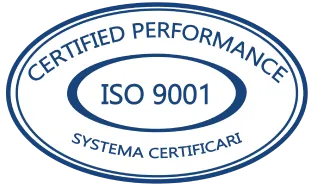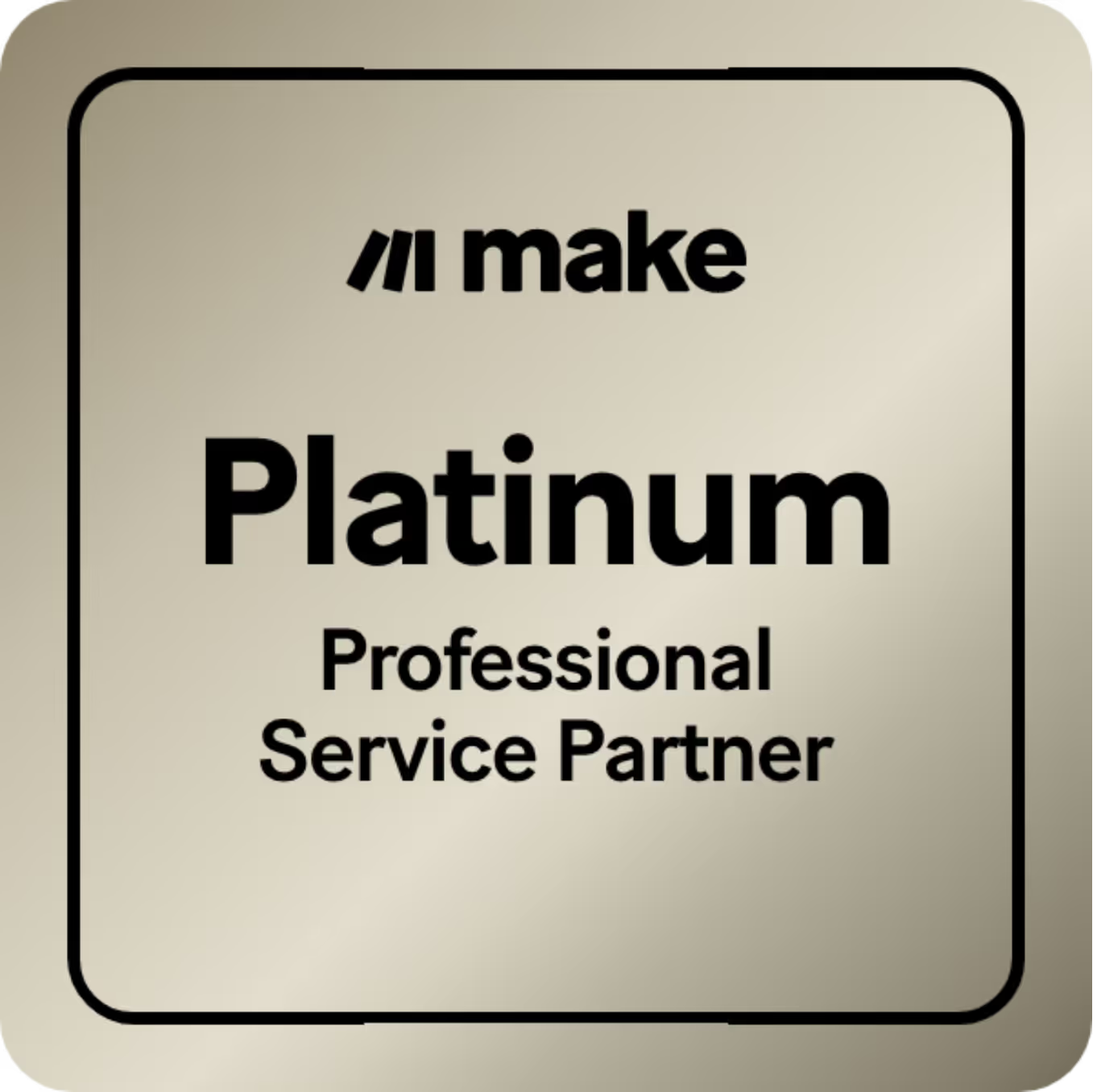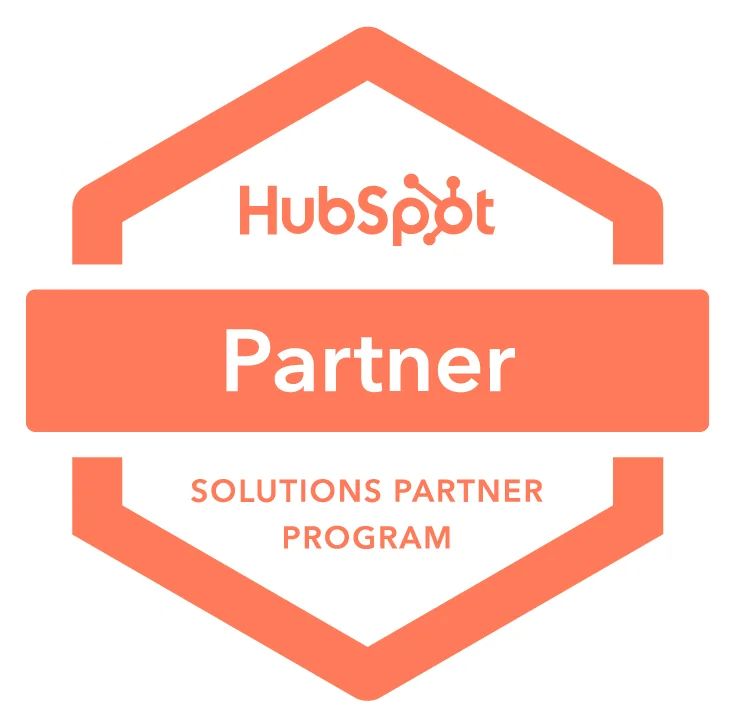Automate your agency’s workflow
Streamline client management, improve collaboration, and boost profitability with automation tools designed for agencies.

A new client is onboarded or a project is initiated in the system.

Automatically create project-related tasks like "Design Phase," "Client Review," "Final Delivery."

Automatically assign tasks with deadlines based on project milestones.

Send reminders to the team for upcoming deadlines and updates to the client on project progress.


Are you..
Struggling to keep track of multiple client projects and deadlines?
Wasting time on repetitive tasks like invoicing, follow-ups, and status updates
Looking to create a more organized, efficient workflow for your agency?
Searching for a way to improve client communication and project visibility?
Wanting to streamline internal processes and increase profitability?
If the answer is “Yes” to any of the above, you are in the right place.
What is Agency Automation?
Agency automation is the use of software and technology to streamline and optimize repetitive agency tasks, helping you manage projects, clients, and internal workflows more efficiently.
Here’s what it typically includes:
- Automates client communication and follow-ups
- Centralizes project management and task tracking
- Streamlines time tracking and invoicing
- Provides insights and reporting
How can Agency Automation help you?

Save time and resources
Thanks to a standardized and automated onboarding process, training is successful every time.

Increase efficiency
Thanks to a standardized and automated onboarding process, training is successful every time.

Improve client satisfaction
Thanks to a standardized and automated onboarding process, training is successful every time.

Enhance collaboration
Thanks to a standardized and automated onboarding process, training is successful every time.

Boost profitability
Thanks to a standardized and automated onboarding process, training is successful every time.

Scale your agency
Thanks to a standardized and automated onboarding process, training is successful every time.
Makeitfuture expertise
Backed by industry-recognized certifications and performance metrics



.avif)



Clients
Automations
Years of experience
Agency automation use-cases to improve workflow
Simplify client management, optimize projects, and reduce manual tasks with these solutions.
FAQs about Agency Automation
Agency automation can handle client onboarding, project management, invoicing, time tracking, follow-ups, and internal reporting, improving efficiency across all aspects of your agency.
By automating communication and updates, you can provide clients with timely, accurate information and reduce the risk of errors or delays, improving their overall experience.
Yes, agency automation can be scaled to meet the needs of small agencies, making processes more efficient, even with a small team.
Yes, many agency automation tools integrate with popular project management, CRM, and accounting software, allowing for a seamless flow of data across your systems.










.png)
.png)
